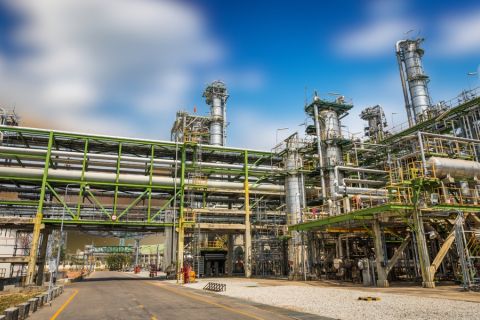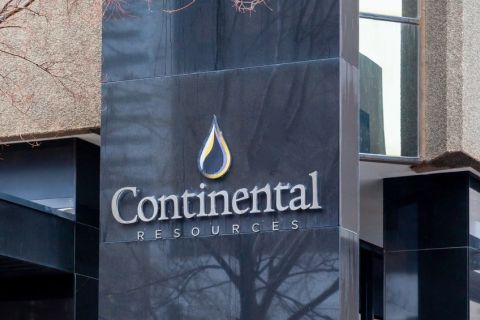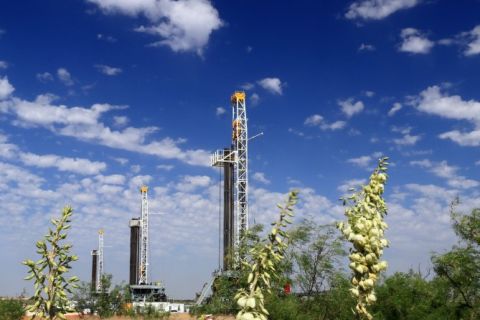Spending on new oil and gas projects could fall by more than two-thirds this year if oil prices remain at the current levels, the Oslo-based Rystad Energy consultancy said March 23.
Crude oil prices dropped more than 60% since the start of the year as demand fell due to travel and business restrictions to stem the spread of the coronavirus, while Russia and Saudi Arabia ended an agreement to curb production.
Investments are likely to fall to $61 billion, or by 68%, if the Brent crude price stays at about $30 per barrel, and to $82 billion, in case the price rises to $40 per barrel, compared with $192 billion spent in 2019.
North Sea oil was trading at $25.70 per barrel by 15:33 GMT on March 23.
“Upstream players will have to take a close look at their cost levels and investment plans to counter the financial impact of lower prices and demand,” said Audun Martinsen, head of Rystad’s energy service research.
“Companies have already started reducing their annual capital spending for 2020,” he added.
Anglo-Dutch major Shell and Norwegian independent oil firm Aker BP, 30% owned by BP, said on March 23 they would cut capital spending by 20%.
French energy group Total said the company would seek to reduce total spending by more than $3 billion, including $2.5 billion to come from exploration and production.
Rystad said it still expected major projects, including Exxon Mobil’s Greater Liza development offshore Guyana, to be sanctioned this year.
The majority of the producing North Sea oil and gas fields could make money at $30 per barrel of oil thanks to improvements made since the last market downturn in 2014-2016, but most yet to be approved projects were at risk, consultancy Wood Mackenzie said in a note on March 23.
“Most FIDs [final investment decisions] for 2020 are off the table. At current prices, nearly two-thirds of development spend could be wiped from our forecast over the next five years,” added Neivan Boroujerdi at the consultancy.
Recommended Reading
Oilfield Service Companies Dril-Quip, Innovex to Merge
2024-03-18 - Dril-Quip Inc. and Innovex Downhole Solutions Inc. will emerge as a new company, Innovex International, with expanded reach in global markets.
Talos Energy Sells CCS Business to TotalEnergies
2024-03-18 - TotalEnergies’ acquisition targets Talos Energy’s Bayou Bend project, and the French company plans to sell off the remainder of Talos’ carbon capture and sequestration portfolio in Texas and Louisiana.
EQT, Equitrans to Merge in $5.45B Deal, Continuing Industry Consolidation
2024-03-11 - The deal reunites Equitrans Midstream Corp. with EQT in an all-stock deal that pays a roughly 12% premium for the infrastructure company.
Continental Resources Makes $1B in M&A Moves—But Where?
2024-02-26 - Continental Resources added acreage in Oklahoma’s Anadarko Basin, but precisely where else it bought and sold is a little more complicated.
Permian Activity in ‘Low-to-no-growth’ Mode for First Half
2024-02-22 - After multiple M&A moves in 2023 and continued E&P adherence to capital discipline, Permian Basin service company ProPetro sees the play holding steady.





